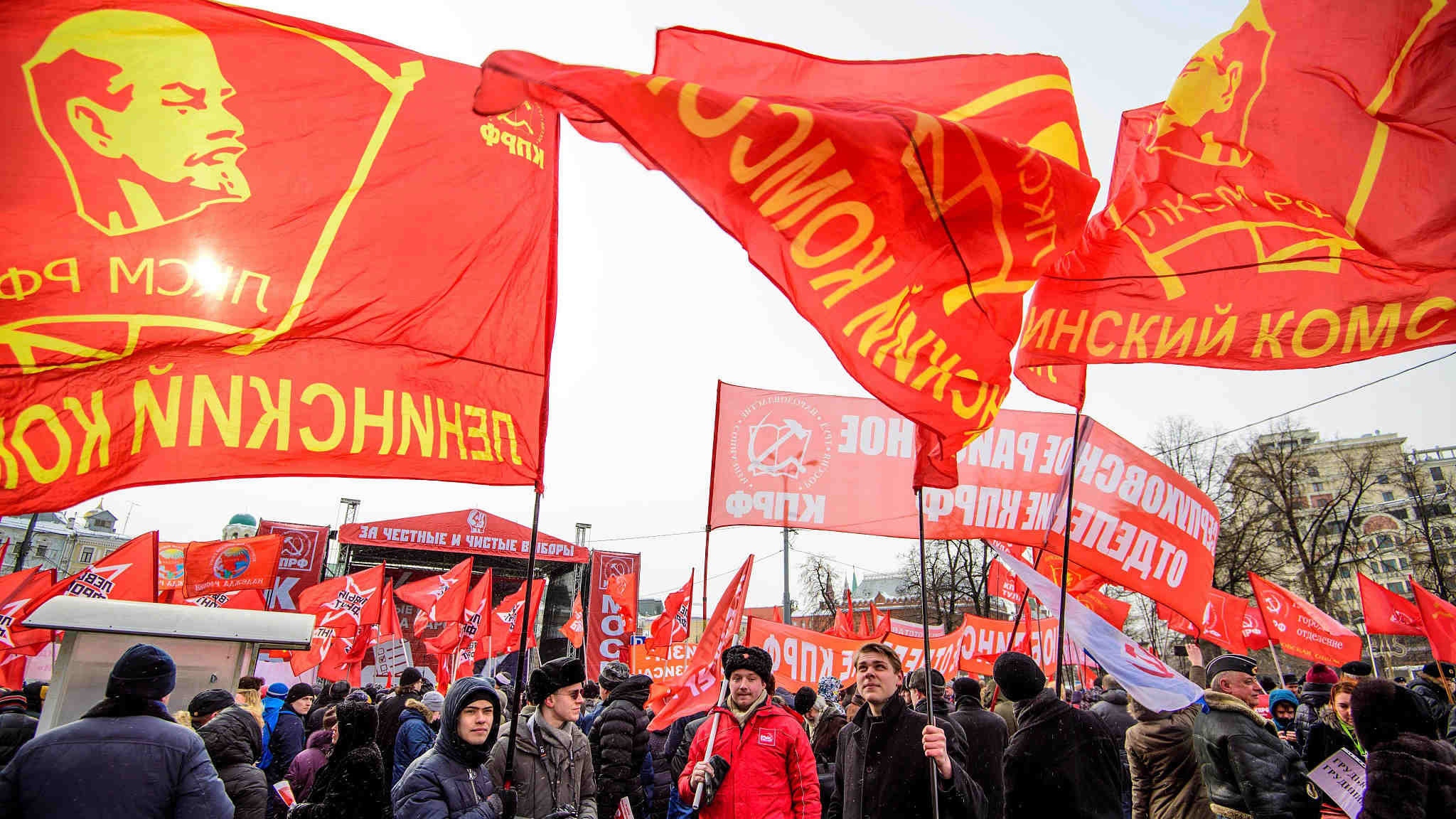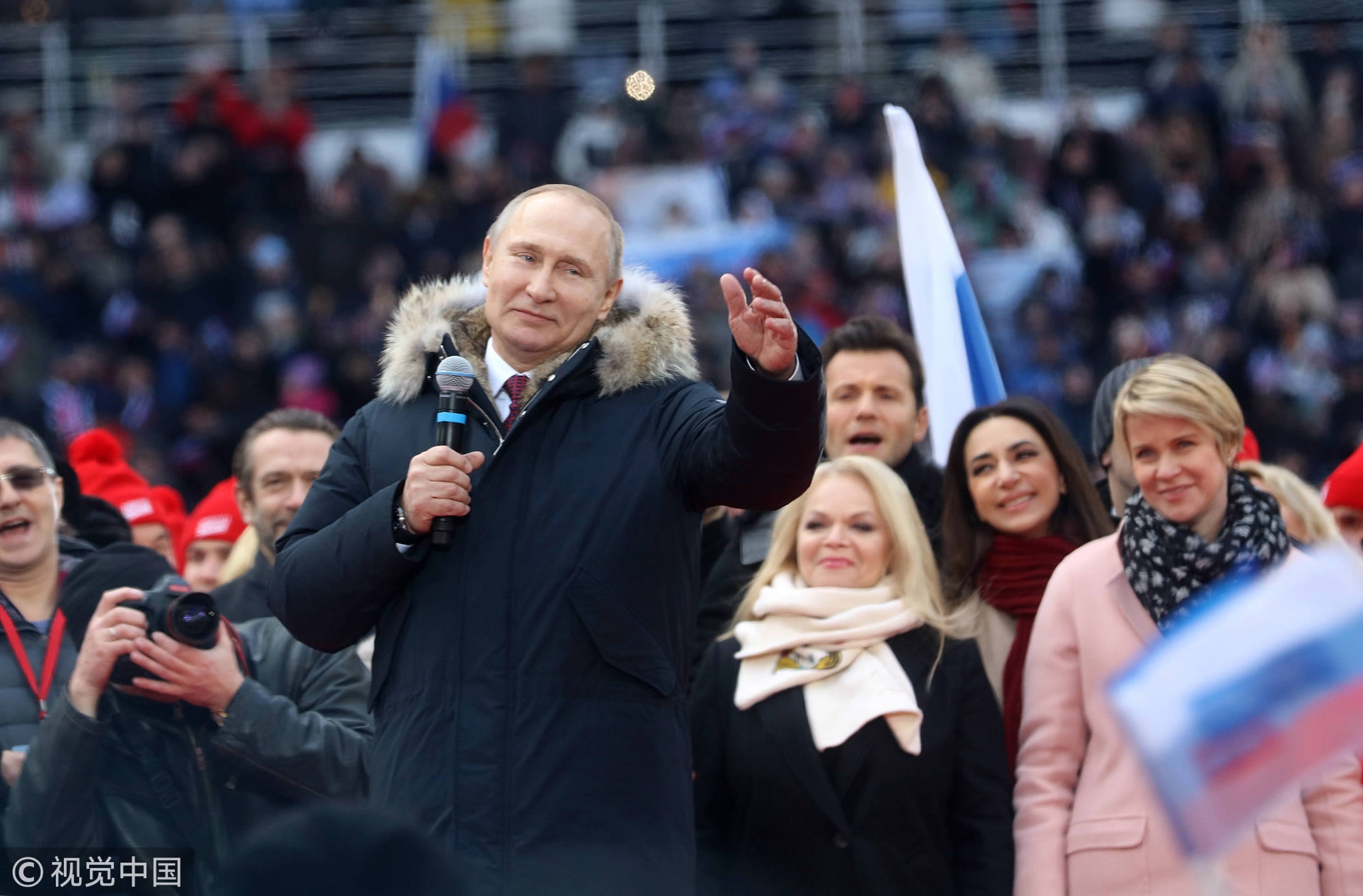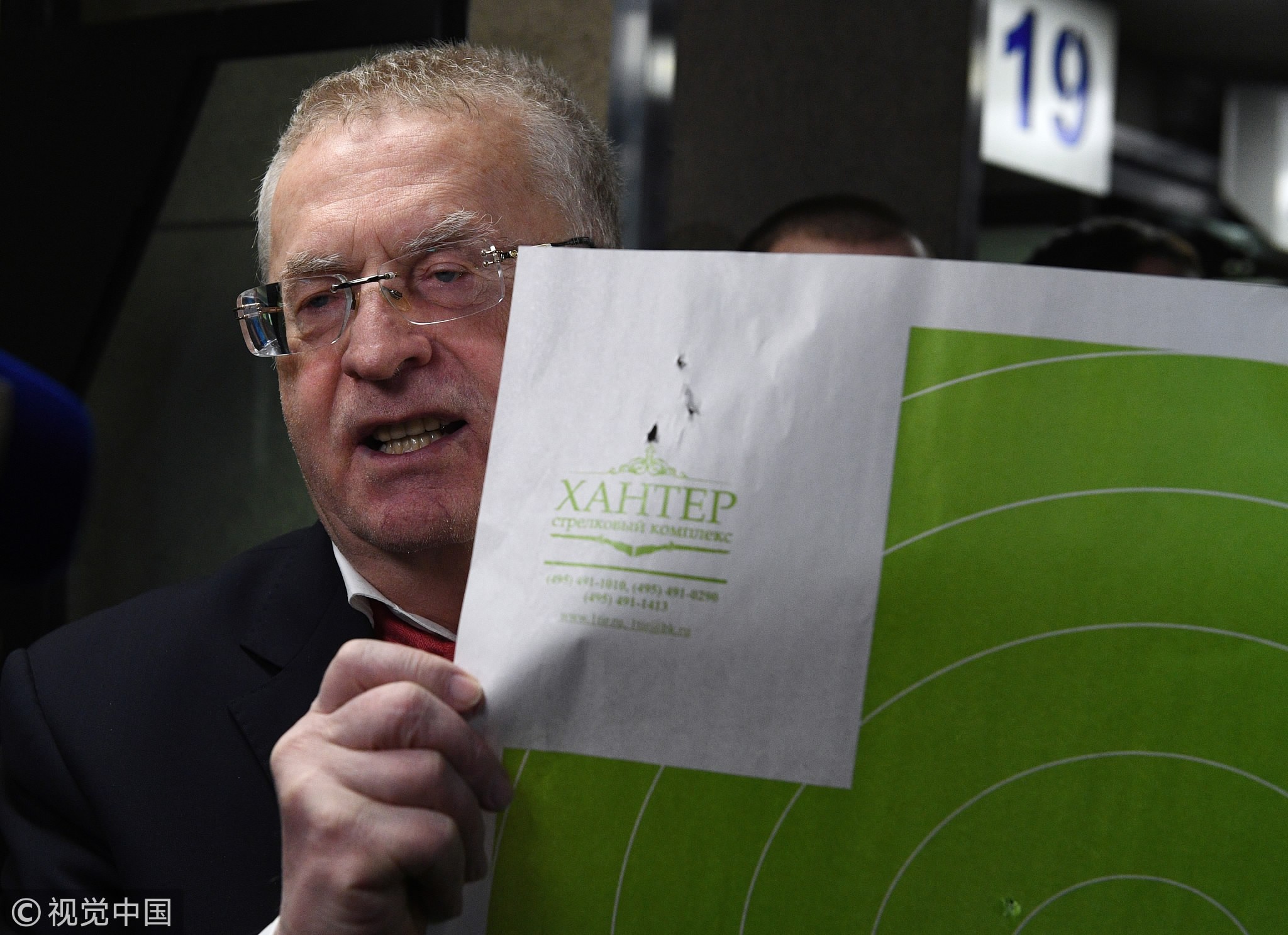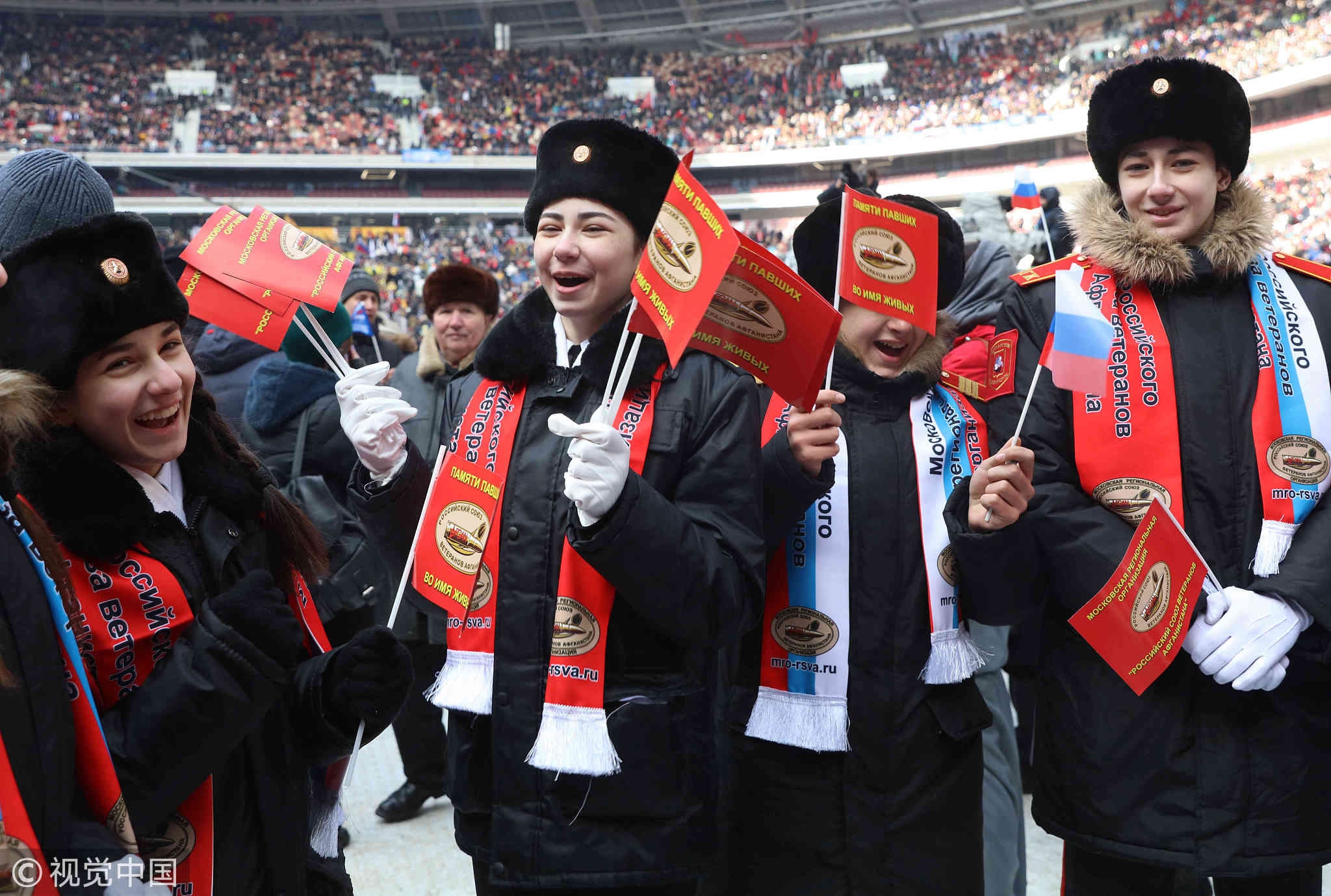
Opinions
22:18, 14-Mar-2018
Opinion: Russia's 2018 elections – Putin and the seven bystanders
Guest commentary by Dmitriy Frolovskiy

On March 18, Russians will vote for the country’s next president. Current President Vladimir Putin, 65, is far ahead in the race, with pollsters predicting he could secure a record 70-percent of the national vote, meaning that he would stay in power until 2024.
But this year’s elections also feature a cohort of other candidates, whose participation might pinpoint to the Kremlin’s changing rhetoric towards handling public attitudes.

Russian President Putin speaks at a rally in Moscow, Russia, March 3, 2018. /VCG Photo
Russian President Putin speaks at a rally in Moscow, Russia, March 3, 2018. /VCG Photo
Besides Putin there are seven other candidates officially registered for the race. In surveys, all of them are polling at less than 10 percent, with just a few securing actual political representation of domestic attitudes, appearing as dummy candidates as called by the Kremlin’s strategists.
Among the most popular ones is Vladimir Zhirinovsky, a 71-year-old populist politician who has stood in presidential elections since 1991 as the head of the Liberal Democratic Party of Russia. Another is Pavel Grudinin, a 58-year-old agricultural tycoon from the Russian Communist Party. Finally, Ksenia Sobchak, a 36-year-old socialite-turned-politician and scandalous TV anchor, of the liberal Civic Initiative party, whose father was Putin’s chief in the nineties as the mayor of Saint Petersburg.
With little chances for political success, the high number of presidential hopefuls serves a certain purpose. Public political apathy prevails and fewer Russians are turning out to vote, especially in major cities. Amid a dramatic decline of the Russian economy in recent years, along with stagnation and continuous collapse of the average real income, many are growing disenfranchised with President Putin’s domestic policies and absence of structural reforms.
The Kremlin is well aware of such sentiments, as well as the growing discontent. Thus, one of the goals of the race is to showcase the presence of alternative viewpoints. The most vocal of all are Sobchak, a self-proclaimed "candidate against all," who is trying to attract a fraction of the liberal protesting votes, and Grudinin, a staunch Stalin admirer, who speaks out against aggressive foreign policy.

Presidential candidate and leader of the Liberal Democratic Party of Russia, Vladimir Zhirinovsky, pictured at a shooting club in Moscow on March 10, 2018 /VCG Photo
Presidential candidate and leader of the Liberal Democratic Party of Russia, Vladimir Zhirinovsky, pictured at a shooting club in Moscow on March 10, 2018 /VCG Photo
Whether consciously or not, the participation of such candidates serves well for the Kremlin’s goal to increase voters’ participation.
Concerns about turnout emerged after an election boycott declared by some fractions of the opposition.
Alexei Navalny was among the other 29 candidates who were refused entry into the race by the Central Election Commission that cited his criminal record. Navalny complained to the Supreme and Constitutional courts, but his claims were rejected. A ruthless anti-corruption campaigner, his online investigations have made him popular for being Putin's No. 1 opponent. Currently he is lauded as the most influential opposition politician capable of challenging major political forces in a fair election.
With opposition forces remaining fractured and other presidential candidates being engaged in a variety of scandalous acts, little alternatives to Putin’s leadership are left. The winning stance of remaining above political publicity stunts, one of which ended up with Zhirinovsky responding with obscenities to Sobchak’s remarks and her emptying a glass of water over him, is well exploited by the Kremlin’s strategists.
No doubts are left about Putin’s landslide victory, but questions remain about what path he would pursue afterwards.

Russians hold a rally at the Luzhniki Stadium in Moscow to support Vladimir Putin’s presidential campaign, March 3, 2018. /VCG Photo
Russians hold a rally at the Luzhniki Stadium in Moscow to support Vladimir Putin’s presidential campaign, March 3, 2018. /VCG Photo
The six-year period already starts with urgent calls for structural reforms coming from all entities on the political spectrum. Changes should help the country to overcome stagnation and economic hurdles of the previous years. With few doubts about Putin’s foreign strategy remaining intact for the near future, all eyes are now on his domestic policies that remain undisclosed and were briefly touched upon during the latest Federal Assembly Address.
(Dmitriy Frolovskiy is a political analyst and independent journalist based in Moscow. The article reflects the author's opinion, and not necessarily the views of CGTN.)

SITEMAP
Copyright © 2018 CGTN. Beijing ICP prepared NO.16065310-3
Copyright © 2018 CGTN. Beijing ICP prepared NO.16065310-3